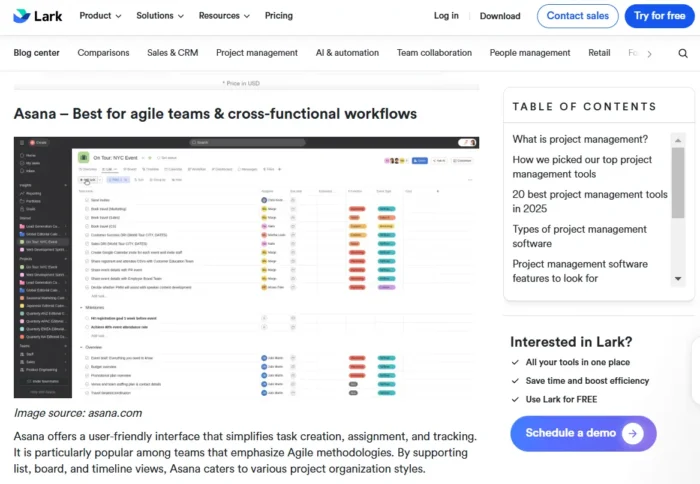Median salary in S’pore jumps over S$5,000 in 2022 – lowest wages rise 2x faster than average
With employment in the Singaporean economy at historic highs and raging inflation, employers were forced to increase salaries at the fastest pace in years -- and may need to keep it up next year as well.

According to the latest data from the Ministry of Manpower, median salary in Singaporean economy (inclusive of employer’s CPF contribution) reached S$5,070 in 2022, crossing S$5,000 a year earlier than expected.
This is driven by inflation and competition for talent, which forced employers to respond to rising prices and demand for labour by increasing wages.
In nominal terms, incomes have increased by 8.3 per cent compared to 2021, or 2.1 per cent in real terms (corrected for inflation), which more than twice the 0.9 per cent in 2021, though below the 3.8 per cent recorded before the pandemic.
 Image Credit: Ministry of Manpower
Image Credit: Ministry of ManpowerLowest earners are closing the gap
Wages for the bottom 20 per cent workers have considerably outpaced the median figures, with over 11 per cent in nominal and 4.8 per cent in real terms in 2022 — in this case, faster than before the pandemic and more than twice as fast as the median.
Notably, this isn’t a one-off event but rather a continuation of a decade-long trend, during which the bottom 20th percentile has consistently narrowed the gap to the rest of the society.
 Image Credit: Ministry of Manpower
Image Credit: Ministry of ManpowerIn the decade between 2012 and 2022, lowest wage earners have outpaced the median by annualised difference of 0.8 to 1.1 per cent.
Continued growth expected in 2023
Despite largely cautious outlook for the coming year, continued competition for workers is bound to keep salaries climbing upward.
According to Mercer’s report, salaries in Singapore may increase by 3.75 per cent next year, though real growth will depend on the pace of inflation.
In addition, new Progressive Wage Model (PWM) regulations will kick in for new sectors — F&B in March and waste management in July — as well as occupational progressive wages for administrators and drivers, which impact the ability to employ foreign workforce, unless conditions for local citizens and PRs are met.
This is bound to boost lowest wages again, contributing to average growth across the economy.
Moreover, loosening of Covid-19 restrictions in China could prompt revival of traffic from the country, boosting business in sectors relying on Chinese visitors, still sorely missed in Singapore.
This could provide a cushioning effect if the worst-case scenario of a recession in the USA materialises in the next few months.
All in all, given the anticipated inflation rate for 2023 at 3.5 to 4.5 per cent and enduring pressure on wages due to market competition, it’s entirely possible that the median salary level could grow by another 5.5 to 7 per cent (in nominal terms), reaching as much as S$5,400 next year.
Featured Image Credit: Yahoo News Singapore

 ShanonG
ShanonG 

































